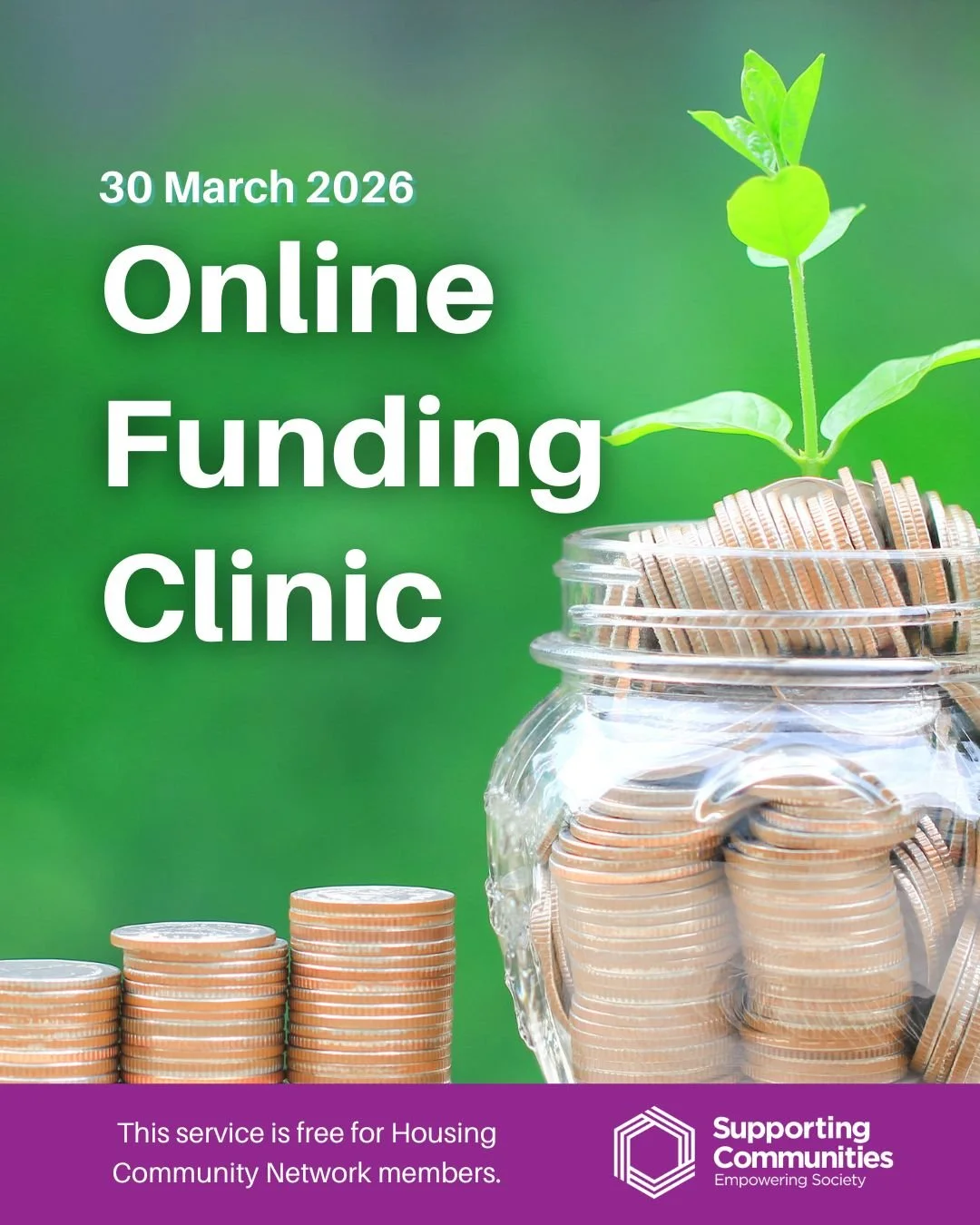How to Hold an Annual General Meeting
The Annual General Meeting (AGM) is a formal meeting held once a year. It provides your group with the opportunity to:
Review your activities over the past year
Report to your members
Elect your committee for the coming year
1. Know Your Constitution
Your constitution will tell you:
How often you must hold your AGM
Most groups will be required to hold their AGM on an annual basis, not longer than 15 months after their last AGM.When you must advertise your AGM
Most groups will be required to advertise their AGM to their members 21 days in advance of the meeting. For example, via social media, leaflet drops, press releases or posters.How to receive nominations for your committee
Nominations may be required in advance or can be accepted at the AGM itself. Ballot papers should be available for use in case voting is necessary.How to make changes to your Constitution
As changes to a constitution must be made at a public meeting, an AGM is a good opportunity to do so. Any proposed changes to the constitution must be advertised and explained to members. Contact the Charity Commission in advance of any changes to seek approval (if required).The number of attendees required to hold your AGM (Quorum)
A set number of people may be required to attend an AGM for decisions to be legitimate.
2. Prepare for Your AGM
You must present and have available copies of the following at your AGM:
Minutes of the previous year’s AGM
These should be presented and accepted at the AGM. Where a Committee is holding its first AGM, minutes of its inaugural/first meeting, at which the Constitution was adopted and the Committee elected, should be presented.Annual Report
This should be a written report which outlines the work of the group over the past year.The following is a typical layout:
1. Contents Page
2. List of Office Bearers & Committee Members for the past year
3. Chairperson’s Report, including work carried out over the past year, any notable achievements, events, seasonal parties, activities, etc.
4. Financial Information, including a breakdown of income and expenditure and funding secured
5. Future Work
6. Acknowledgements to your funders, support organisations/agencies, and community membersYou may also wish to provide a copy of your annual report to your Housing Executive Local Office, your funders and supporters, and to any other interested parties.
Annual Statement of Accounts/Treasurer’s Report
A detailed record of receipts and payments for the committee's financial year must be presented.
The accounts must be examined and verified by someone independent of the group (as specified in the Constitution). At your AGM you will also appoint someone to take on this role for the next year.
See also How to Report on Your Charity’s Finances.
3. Write Your Agenda
As with any meeting, an AGM should have an agenda. Copies of the agenda should be available to all in attendance.
An AGM agenda should contain the following:
Welcome
Apologies
Minutes of the last AGM
Matters Arising (from previous minutes)
Annual Report
Annual Statement of Accounts
Appointment of Independent Examiner
Guest Speaker (if applicable - this is not necessary)
Nominations and Election of Committee
NB: Office Bearers are normally elected at the first committee meeting.Any Other Business
1Date of next/first Committee Meeting
Ensure someone independent from the group chairs the nominations and election of the committee, at minimum. Some groups choose an independent chair for the entirety of the meeting.
4. Keep Minutes of Your AGM
Don’t forget to delegate someone to take minutes. Ensure these are typed up as soon as possible after the meeting and kept safe on file. You will need them for next year’s AGM!
To keep an accurate record of proceedings, have a sign-in sheet prepared for attendees.










